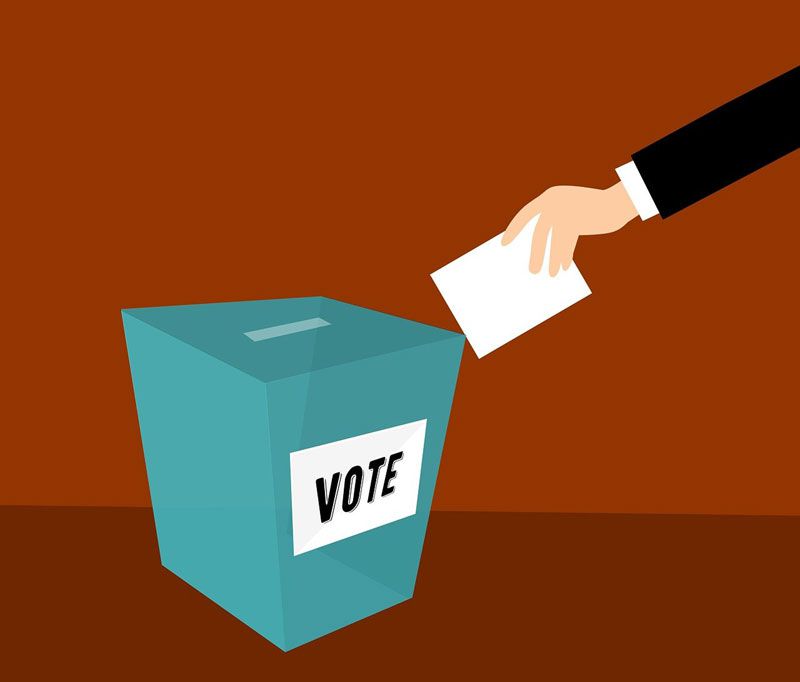Introduction:
Elections are the bedrock of any democratic society, serving as a fundamental mechanism through which citizens express their collective will. They are pivotal moments in the life of a nation, shaping its trajectory, values, and governance. In this article, we will delve into the intricate world of elections, exploring their significance, the various types, the electoral process, and the challenges they bring.
I. The Significance of Elections:
A. Foundation of Democracy: Elections lie at the heart of democratic governance, embodying the principle of popular sovereignty. They provide citizens with the power to choose their representatives, ensuring that government actions reflect the will of the people.
B. Accountability and Representation: Elections serve as a mechanism to hold leaders accountable. Through the act of voting, citizens express their approval or disapproval of the incumbent government’s policies, actions, and overall performance. Elected officials, in turn, become representatives of the diverse needs and perspectives within their constituencies.
C. Legitimacy and Stability: The legitimacy of a government is often closely tied to the electoral process. Leaders who emerge victorious in free and fair elections gain the mandate needed to govern. This legitimacy contributes to political stability, fostering an environment conducive to economic growth and social cohesion.
II. Types of Elections:
A. Presidential Elections: Presidential elections determine the head of state. In this system, citizens vote for a presidential candidate, and the winner assumes the highest executive office, wielding significant powers and responsibilities.
B. Parliamentary Elections: Parliamentary elections are common in parliamentary democracies, where citizens vote for political parties. The party or coalition that secures the majority in the legislature forms the government, and its leader becomes the head of state or prime minister.
C. Local Elections: Local elections focus on selecting representatives for municipal, county, or regional governments. These elections are crucial for addressing local issues and ensuring that communities are represented at various administrative levels.
D. Referendums: Referendums allow citizens to directly vote on specific issues, policies, or constitutional amendments. They provide a direct expression of public opinion and can have significant consequences for the political landscape.
III. The Electoral Process:
A. Voter Registration: The first step in any election is voter registration. Citizens must register to vote, providing their information to electoral authorities to ensure eligibility.
B. Political Campaigns: Political campaigns are a central aspect of any election. Candidates and political parties engage in a variety of activities, including rallies, debates, and media campaigns, to sway public opinion and garner support.
C. Polling Stations and Voting: On election day, citizens cast their votes at designated polling stations. The secrecy of the ballot ensures that individuals can express their preferences without fear of reprisal. The counting process follows, with results determining the winners.
D. Electoral Systems: Different countries employ various electoral systems, such as first-past-the-post, proportional representation, or mixed systems. Each system has its advantages and disadvantages, influencing the representation of diverse political ideologies.
IV. Challenges in Elections:
A. Voter Suppression: Voter suppression remains a significant challenge in some democracies. Barriers to voter registration, discriminatory voter ID laws, and gerrymandering can disproportionately affect certain demographics, limiting their ability to participate in the electoral process.
B. Electoral Fraud: Instances of electoral fraud, including vote rigging, ballot stuffing, and manipulation of results, pose a threat to the integrity of elections. Safeguards such as independent election monitoring and secure electoral infrastructure are essential to prevent fraud.
C. Polarization and Disinformation: Polarization and the spread of disinformation can undermine the democratic process. Divisive rhetoric, fake news, and misinformation campaigns can influence public opinion and erode trust in the electoral system.
D. Money in Politics: The influence of money in politics is a persistent challenge. Wealthy individuals and interest groups may have disproportionate influence, potentially skewing policy decisions and election outcomes.
V. The Future of Elections:
A. Technology and Elections: Advancements in technology have the potential to transform the electoral landscape. Electronic voting, blockchain, and online voter registration are examples of innovations that can enhance the efficiency and accessibility of the electoral process.
B. Electoral Reforms: Governments worldwide are exploring electoral reforms to address existing challenges and enhance the fairness and transparency of elections. Reforms may include changes to the electoral system, campaign finance regulations, and measures to combat disinformation.
C. Civic Education: Promoting civic education is crucial for fostering an informed and engaged electorate. By enhancing understanding of the electoral process, political systems, and the importance of democratic participation, citizens are better equipped to make informed choices.
Conclusion:
Elections are the cornerstone of democratic societies, offering citizens a voice in shaping the future of their nations. Despite the challenges they face, elections remain a vital mechanism for holding leaders accountable, ensuring representation, and legitimizing governance. As we navigate the dynamic landscape of elections, it is essential to address existing issues, embrace technological advancements, and promote civic education to safeguard the democratic principles that underpin our societies.

Namaste UI collaborates closely with clients to develop tailored guest posting strategies that align with their unique goals and target audiences. Their commitment to delivering high-quality, niche-specific content ensures that each guest post not only meets but exceeds the expectations of both clients and the hosting platforms. Connect with us on social media for the latest updates on guest posting trends, outreach strategies, and digital marketing tips. For any types of guest posting services, contact us on info[at]namasteui.com.

